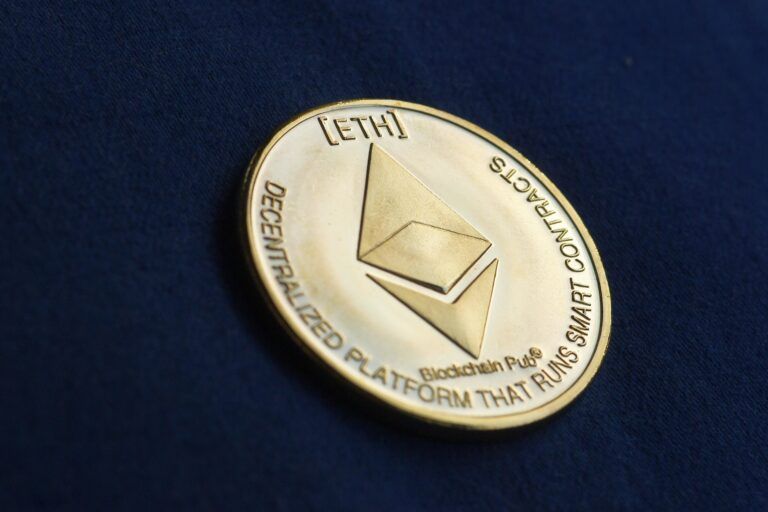In a CoinDesk article by Will Canny on 19 February 2024, the spotlight turns to Ether (ETH), the second-largest cryptocurrency by market capitalization, and its potential trajectory towards securing a spot ETF approval in the United States.
The CoinDesk article states that according to a research report by brokerage firm Bernstein, Ether stands out as the only digital asset, aside from Bitcoin (BTC), with a significant likelihood of obtaining spot ETF approval from the Securities and Exchange Commission (SEC).
Bernstein’s report underscores a pivotal moment for Ether, suggesting a 50% chance of ETF approval by May and a near-certain probability within the next 12 months. This optimistic forecast is buoyed by the interest of several traditional finance giants, including Franklin Templeton, Blackrock, and Fidelity—all of which have previously navigated the SEC’s approval process for spot Bitcoin ETFs and are now poised to expand their offerings to include an Ether ETF.
Per the CoinDesk article, the analysts at Bernstein, Gautam Chhugani and Mahika Sapra, highlight Ether’s unique position in the cryptocurrency landscape. They point to its staking yield dynamics, environmentally friendly design, and institutional utility as key factors that make Ethereum an attractive platform for mainstream institutional adoption. The potential for Ether yield markets to expand alongside the crypto’s market capitalization could pave the way for innovative ETFs that incorporate staking yields into their design, offering investors a new avenue for exposure to cryptocurrency earnings.
The article goes on to say that the Bernstein report elaborates on the broader ambitions of institutions not merely to launch Ether spot ETFs but to leverage the Ethereum network for building more transparent and open tokenized financial markets. This vision extends beyond asset gathering, emphasizing Ethereum’s utility in facilitating a new era of financial markets.
Finally, CoinDesk says that Ethereum’s Dencun upgrade, scheduled for March, is set to enhance the network’s efficiency by providing a dedicated corridor and blockspace for roll-ups, which are expected to reduce transaction costs by an additional 50%-90%. Such improvements could further solidify Ethereum’s position as a leading platform for decentralized applications and financial services, making it an even more compelling candidate for spot ETF approval.
Featured Image via Pixabay









